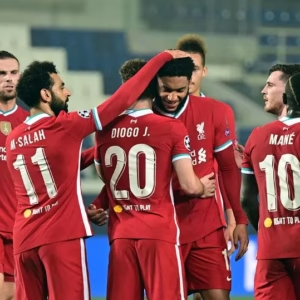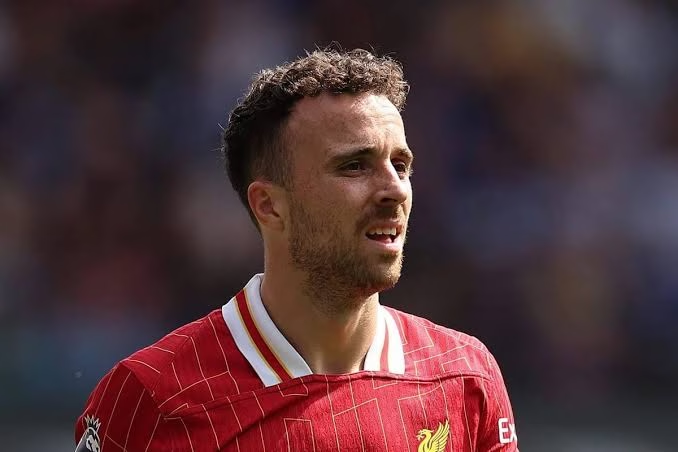It was meant to be another Thursday. I’d taken some leave away from my normal job to get some stuff boxed off at home, and to get an early look at next weeks players for the Statr podcast. Then the phone started hopping. I hadn’t switched off work emails so I thought something was going on there.
I picked up the phone. WhatsApp message. “Jota is dead!”
When you see a message like that, a lot of different things run through your head. For a fleeting moment, you think it’s one of those disgusting jokes that do the rounds on social media, that the world at large seems have become immune to. Type in “Diogo Jota” into Google and press news. Sky News reporting it. Credibility. It’s actually true? What the f***!?
I won’t lie, there was a moment where the lump in my throat started to grow a bit. Diogo Jota, one of Liverpool’s best players and a universally loved one amongst the fanbase, lovingly nicknamed Jota the Slotter, is dead at 28 years old, alongside his brother, Andre Felipe, also a professional footballer in Portugal.
Diogo Jota began his professional career at Paços de Ferreira. He quickly made a name for himself, showcasing the predatory instincts and technical ability that would become his trademark. His performances attracted the attention of La Liga giants Atlético Madrid, who signed him in 2016.
He was immediately loaned back to Portugal, this time to FC Porto, where he continued to impress. The following season, in a move that would define his career, Jota joined Wolverhampton Wanderers, then in the English Championship, on loan.

At Wolves, under Nuno Espírito Santo, Jota was instrumental. He played a pivotal role in their promotion to the Premier League in the 2017-18 season, finishing as the club’s top scorer with 14 goals. His loan move was made permanent, and he continued to be a key figure as Wolves established themselves as a competitive Premier League side and embarked on a memorable Europa League campaign, reaching the quarter finals, with Jota scoring 5 times in the campaign.
Jota’s consistent high-level performances did not go unnoticed. In September 2020, he made a high-profile transfer to Liverpool, a move that would see him compete with and complement one of the most formidable attacking trios in world football: Mohamed Salah, Sadio Mané, and Roberto Firmino.
At Anfield, Jota’s versatility, intelligent movement, silky dribbling and clinical finishing allowed him to seamlessly integrate into Jürgen Klopp’s side. He proved to be a vital asset, capable of playing across the front line and consistently delivering crucial goals. During his time with Liverpool, he won the FA Cup and the League Cup and the Premier League last season.

His contribution to that Premier League success can’t be understated either. With Liverpool showing signs of wobbling after Christmas, it was Jota who stepped up, scoring an equaliser against Nottingham Forest. His last goal, as typical a Jota goal as you’re ever likely to see, came against Everton, earning Liverpool a 1-0 win and putting them on the brink of league success.
This should have been a summer of excitement, joy and looking to the future for Jota. He had lifted that Premier League trophy with Liverpool, won the Europa League with Portugal, and had only just married his long term partner and mother of his 3 children, 10 days ago. Instead, his career and life were tragically cut short.
Whether you’re Liverpool, Manchester, London, Birmingham, Red, Blue, White or whatever, news like this transcends the game we love. Liverpool, as a club, and their fans, are no stranger to tragedy. In the coming weeks and months, tributes will be paid, Jota’s life will be celebrated and he will always be remembered. Things will move on, but for right now, this one hurts. A lot.
Diogo Jota. Rest in Peace.
Gary Cronin, July 2025




Comments are closed